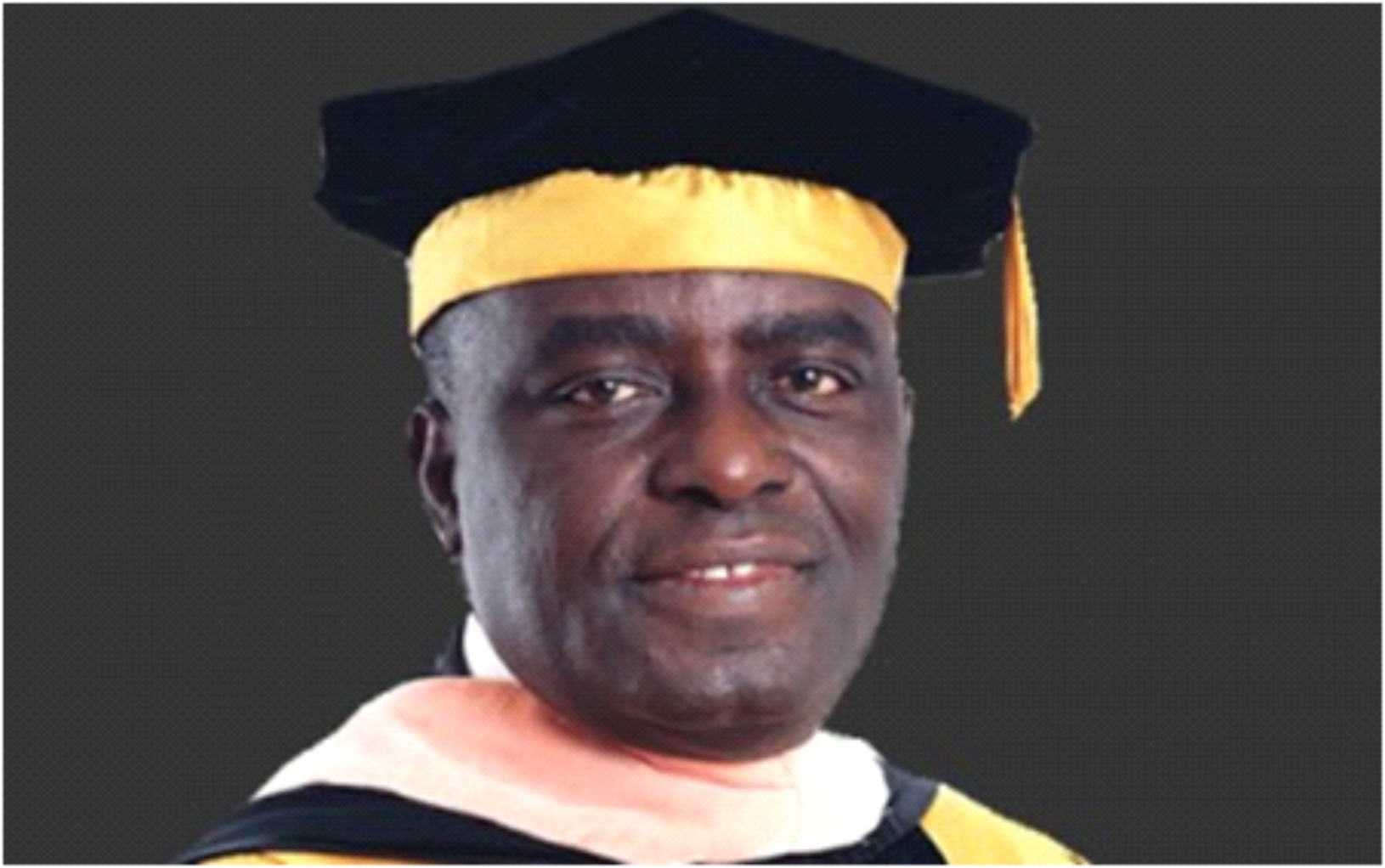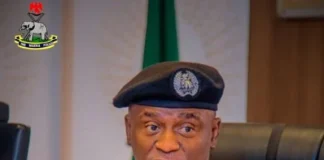Former Executive Secretary, National Universities Commission (NUC), Prof. Peter Okebukola, has criticised the recently announced method of admitting students into tertiary institutions, saying it amounted to admitting candidates blindly.
Okebukola made the assertion while speaking with the News Agency of Nigeria (NAN) on the sidelines of the 2016 Speech Day and Prize Giving ceremony of Queen’s College, Yaba, Lagos, on Monday.
He told NAN that the current criteria or guidelines put in place for admission of candidates into the country’s tertiary institutions would only allow unqualified candidates to be admitted.
Okebukola, who was reacting to the recent cancellation of the Post Unified Tertiary Matriculation Examination (UTME) by the Federal Government, said the criteria were still unclear to stakeholders.
The Joint Admissions and Matriculation Board (JAMB) had on July 10, clarified that the 2016 admissions would be conducted purely on the three existing admission pillars of merit, catchment area, and educationally less developed states.
It added that candidates were to present their Senior School Certificate Examination (SSCE)/Advanced Level (AL) results for verification and clearing purposes.
Minister of Education, Malam Adamu Adamu, had announced the cancellation at a recent meeting on the selection of candidates for admission into tertiary institutions.
Adamu had also warned that any institution that went contrary to the directive would be sanctioned.
He added that institutions were, however, at liberty to conduct their screening by cross-checking the SSCE results of the candidates that must include five credits, including Mathematics and English Language at a sitting.
Okebukola said: “Actually, I must say that we do not know where we are heading to yet.
“The reason is that both the JAMB and the universities under the umbrella of Association of Vice-Chancellors of Nigeria Universities (AVCNU) are not even sure of the criteria.”
“We have yet to have any clear view of where we are going yet, but I suspect that in another one week or two, we are likely to know where we are going.”
“As of now, the environment is still very cloudy on the post-UTME thing,” he said.
Narrating how the post UTME came about, Okebukola said: “During my tenure as Executive Secretary, it started in the form of screening.
“It was aimed at getting quality candidates into our tertiary institutions, especially the universities.
“It all happened that in 2002, some of the vice-chancellors after the UME came to me on a Sunday after the examination the previous day.”
“They reported that there was a big issue in a particular university which I will not like to mention but they complained that almost half of the students of the university sat for the UME.”
“And when I asked why they said some persons who are candidates of UME used these students to write the examination for them as mercenaries.”
“It then dawned on us that some of these people that normally brandish high scores are not really the true owners of such scores’’.
According to him, it became apparent that there was a need insert into the question of admission another layer of filtering.
He added that the development was what informed the screening put in place at that period.
Okebukola said that if the institutions were to churn out quality graduates and earn the respect of other climes in the country’s education system, it was the way to go.
He added that after due consultation with the Directors of NUC on the issue, it was further discovered that the development on the admission process was predominant all over the place.
Okebukola said that a meeting with between NUC and JAMB under the watch of the then JAMB Registrar, Prof. Salim Bello, was also convened to discuss the development to find the way forward.
“I was indeed pained and resolved that we must find a way of getting quality graduates into our universities.
“We urged JAMB to conduct their multi-choice text, which is only testing candidates’ cognitive potential and which does not test how they speak English and how they write.”
“And because we also found out that many of these candidates that take this examination are very poor in both written and oral English, we felt there should be another layer of screening.”
“However, I must emphasise that we did not label this screening as post UTME test or whatever.”
“We called it Post UME Screening even though we had initial challenges with the National Assembly,’’ he said.
Okebukola added that the then President, Olusegun Obasanjo also restated that JAMB’s law allowed it to do its test and did not allow the universities to do any test.
He said that following the response, the NUC and the then Minister of Education, Prof. Chinwe Obaji, decided to go to the National Assembly to clarify issues.
The don said that it was agreed that there should not be any form of multiple-choice examinations again on the CBT platform.
He added that in its place would be oral questions and some essay writing in order to assess the candidates’ writing skills.
Okebukola said this agreement was reached with the National Assembly and the message conveyed to the universities and JAMB.
According to him, it was agreed that after the multiple-choice UME, the universities should carry out the essay and oral screening as well as physical appearance.
The screening, he said, was also to ensure that such candidates’ appearances did not portray them as touts or cultists in spite from their academic proficiency.
(NAN)














Okebukola Criticises New Admission Criteria: Former Executive Secretary, National Universities Commission (NU… https://t.co/H1CNcOYCuB